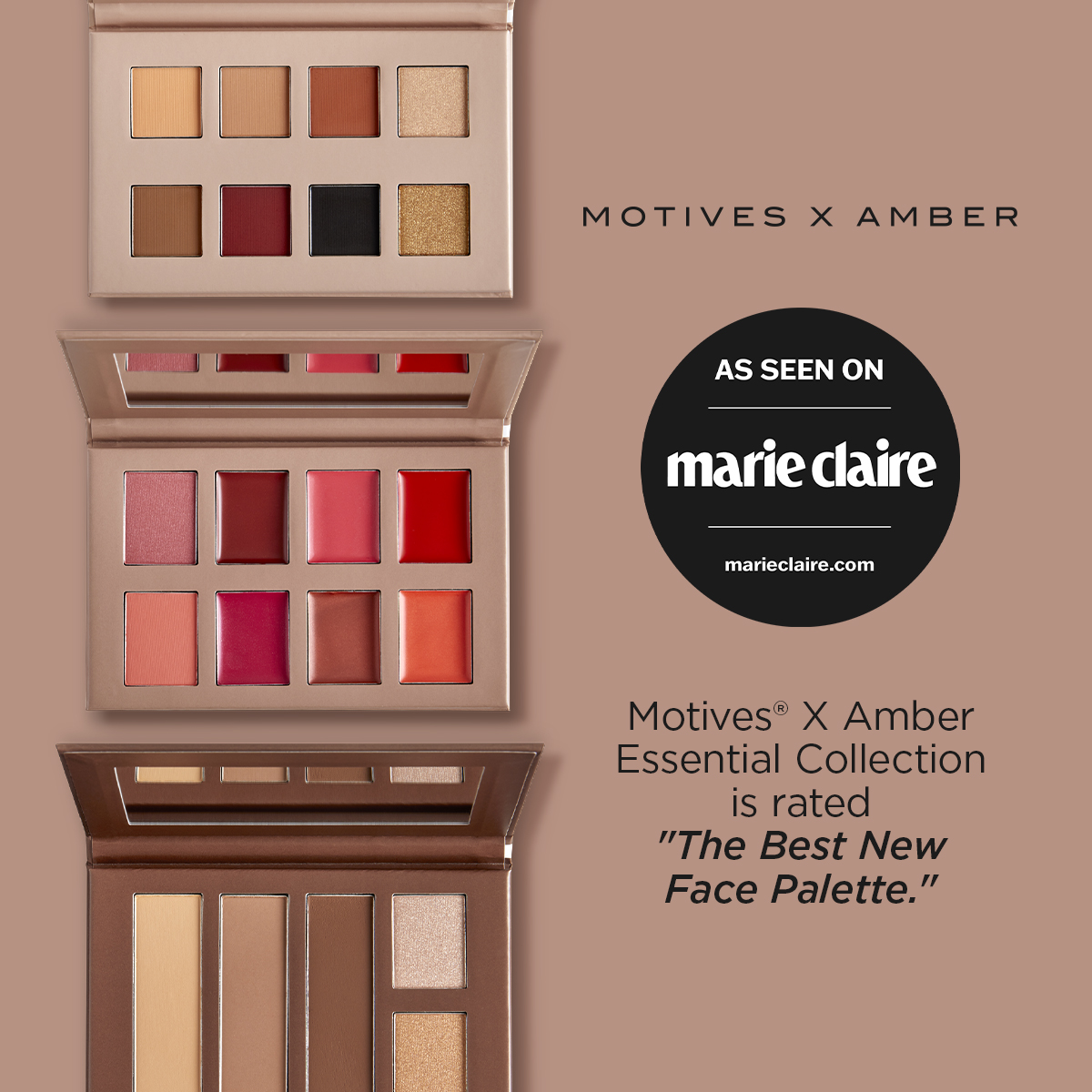What if our life was a social network? Have you stepped back and ponder how time has changed in the past few years with the creation of social networks such as Facebook, Twitter, YouTube, Flickr and list goes on…
What if people spoke in Twitter status updates? What if we printed all the images we share with each other Facebook to thousands of strangers? I found this interesting blog post written by Courtney Boyd it will make you take a step back….
Social networks have fundamentally changed the way we socialize, so Connected users are increasingly looking for ways to marry their virtual experiences with their real ones. Platforms like foursquare bring the online space into our everyday lives. As they gain in popularity, we’re witnessing an increasingly fine line between our online social networking worlds and our real worlds. Will this line blur even further in 2011
Kicking off Social Media Week in New York, the panel, “If your real life was a social network,” was held at Google’s headquarters in New York City and was moderated by Melissa Read, Ph.D., a behavioral psychologist and Director of Marketing Strategy at SapientNitro.
The presentation featured numerous pre-filmed xtranormal vignettes that depict the absurd scenarios that could occur when social media networks and the real world collide. #awkward
Questions were raised about how social behaviors manifest themselves differently online than they do offline and what effect this is having in the “real world.” In terms of our social media consumption, we engage in “media snacking,” as in, we take little bite sized snacks throughout the day and watch tiny snippets of full TV programs on YouTube. We also engage in “Media Multitasking,” when we consume multiple “snacks” at once. In terms of sharing and communicating, is this form of hyper-engagement sustainable? Or is it the same as people who wrote letters in the 1800s but just in another form?
Speakers included Dr. Alison Barth, an Associate Professor at the Center for the Neural Basis of Cognition at Carnegie Mellon University who uses social networking to describe neural behavior. She believes there are influencer neurons in social networking just like in our brain’s behavior. And that in order to get a network engaged we rely on these influencer neurons.
Dr. Shayla Thiel-Stern is an Associate Professor at the School of Journalism and Mass Communication at the University of Minnesota, who studies the effects of social media on teen girls and encourages her students to live tweet lectures.
How do teenage girls communicate a status offline versus in real life? “It’s really different,” she says, “Whether you are 12 or 16, I see a lot of young girls choose popular artifacts in their status messages to represent themselves, like hip-hop lyrics or Taylor Swift songs.”
 What about the way teen girls are depicting themselves visually? “Generally, you’re showing your photo to people you know,” she says. “I expected to see a a transcendence of gender norms online, but it’s not happening. Girls often lie about their age and add make-up to their photos. I’ve seen a lot of giving into gender norms like hyper-masculinity- a guy posting a photo of himself as a sports figure, for instance.”
What about the way teen girls are depicting themselves visually? “Generally, you’re showing your photo to people you know,” she says. “I expected to see a a transcendence of gender norms online, but it’s not happening. Girls often lie about their age and add make-up to their photos. I’ve seen a lot of giving into gender norms like hyper-masculinity- a guy posting a photo of himself as a sports figure, for instance.”
Regardless of the moral and cyber panic around how youth use new media in general, Thiel-Stern believes our behavior in regard to social media is rooted in history. Teen girls, for example, have notoriously been portrayed as vixens or victims, projecting themsevles as hyersexual or becoming victims of sexual predators. This behavior is duplicated online, but social media isn’t where it originated.
Dr. Duncan Watts is the Principal Research Scientist at Yahoo and the Director of Human Social Dynamics Group. He is also the Author of Six Degrees: The Science of a Connected Age. Watts is a celebrated researcher who experiments, measures, and explores our modern day social behaviors.
So, how has social media changed our behavior?
It hasn’t changed us, so much as we have continued to evolve using social media as just another platform for us to display our habits that are rooted in human history. If anything, engaging in social media allows us to have richer, more engaging experiences and will continue to do so as technology increases.





